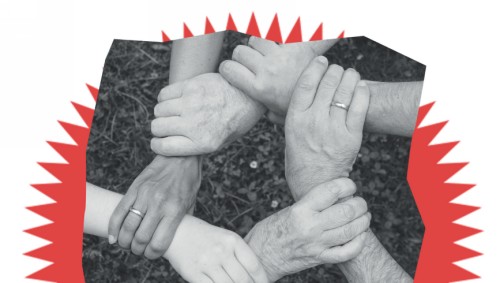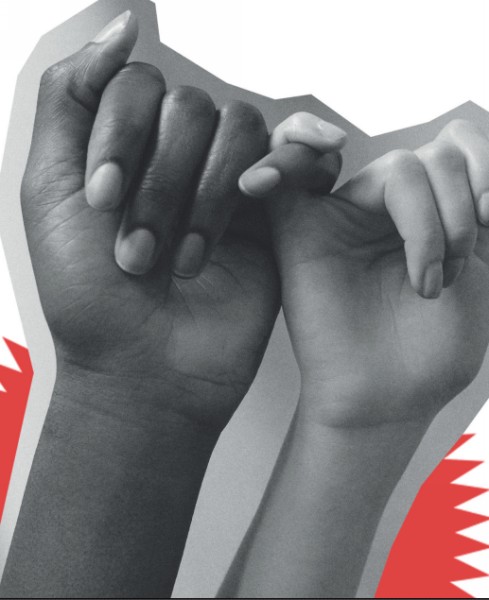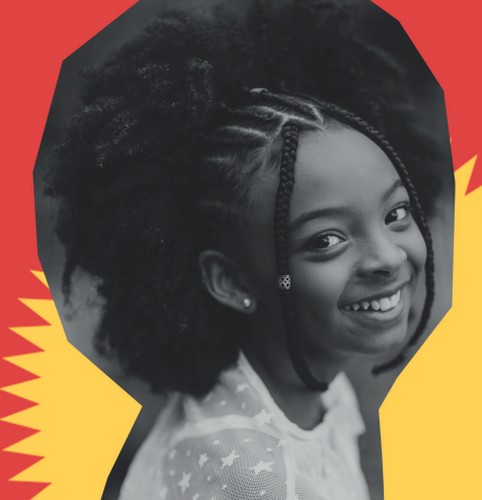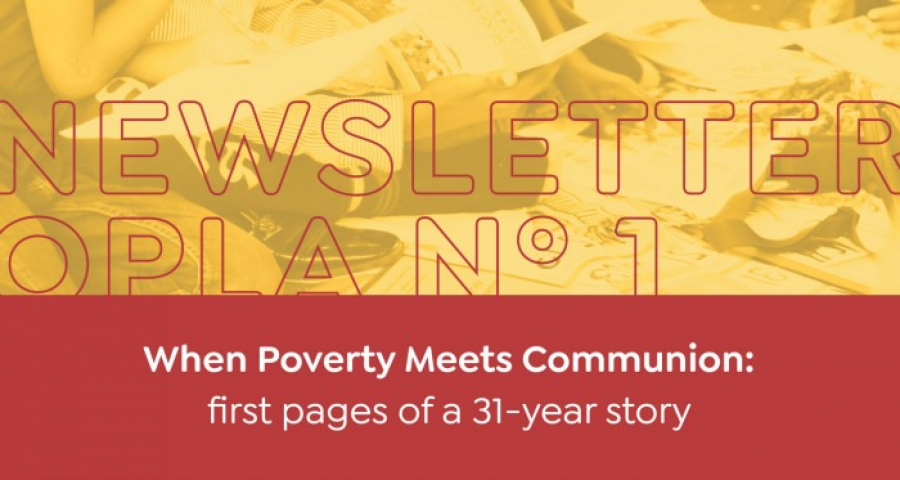On the occasion of the 31-year anniversary of the Economy of Communion, the 1st Newsletter of the Leo Andringa Poverty Observatory has been published
by Antonella Ferrucci
What specific contribution does the EoC make to the first goal of the 2030 global agenda, which is to: “Eradicate poverty in all its forms and everywhere in the world”? The EoC OPLA Observatory was set up in 2016 precisely to give an answer to this question.
What happens when poverty meets communion? What effects emerge when there a connection is formed between vulnerability and opportunity?
Between October 2019 and April, 2020 OPLA conducted a survey consisting of forty interviews with as many EoC actors from all over the world with the aim of understanding more objectively, through the narration of the practices that have emerged in these more than 30 years, what contributions the EoC offers to the cause of poverty eradication that motivated its birth in 1991 ("...we will not rest as long as there are poor among us...", Chiara Lubich, 30 May 1991). The OPLA Newsletter No.1 published here intends to summarise the main results obtained from these interviews and from other experiences that have been taken up subsequently.
 Here we give you a few glimpses of what emerged.
Here we give you a few glimpses of what emerged.
The OPLA survey reveals that the EoC has a 'modus operandi' characterised by certain core values. In these values and in the variety of solutions and practices that have been put in place, we can begin to glimpse the specific EoC contribution to the construction of a new economy and our economy of communion, born so that “there may be no more needy among us”, in the words of Chiara Lubich.
A first finding from the survey is the main phenomenon that occurs when poverty meets people and organisations that are part of the economy of communion: communion is achieved. We all have the experience of communion and each of us can define it in a unique and particular way.
Based on an analysis of the accounts of those who have experienced communion, OPLA has sought to identify the recurring elements found in those experiences, so that we can better assess and measure the impact of our actions and the use of our resources.
Also taking cues from listening processes conducted in Brazil in recent years, it was realised that communion could be defined as a culture of encounter, capable of generating connection and the sharing of intentions, talents, gifts and resources with the aim of building a more fraternal, just and equitable sense of global community.
In the experiences that had been analysed, four elements were identified as constituting the life of the EoC in the world, despite the cultural diversity that characterises us: the value of work; the culture of encounter; the sense of global community; the link between vulnerability and opportunity, that is: communion of intentions, gifts, talents and resources in life and in the economy.
The Value of Work
The EoC sees work as everyone's essential contribution to building and improving the world. Through work people can feel useful, worthy, they can feel that they are doing their part for society, and that they live for something greater than themselves. Work, therefore has a dynamic at two levels: personal and community. You do something for the community, and in doing so you realise yourself fully as a person.
 The Culture of Encounter
The Culture of Encounter
Encounter. The potential of the human being stems from the culture of encounter. This is one of the cornerstones of the EoC. Encounter always takes place between people who, in the encounter with the other, discover who they are. Since the other person acts as a mirror, in the contrast with the other person one can clearly understand one's own characteristics, and thus one's own potential and fragility, realising in this way that one can be a gift for the other. Through the promotion of these encounters, the EoC aims to establish a true culture of encounter, which underpins the change in the socio-economic paradigm on which it is based.
The Sense of Global Community
We often speak of inclusion. However, to say that you include someone presupposes that the other comes from outside a particular group - you can only include what is outside. Therefore, the EoC assumes that we are all part of a single, global community, which conceives of us as interconnected and interdependent.
The Vulnerability-Opportunity Connection
Let’s talk about the Economy of Communion. But what does communion mean? Our culture has brought us an awareness of the need to strive to re-establish the social equity that we want to see realised, because all people deserve to have a life of dignified. In this sense, communion is realised when there is an encounter between vulnerability and opportunity.
It should be emphasised that there is no such thing as the giver and the receiver, but within the EoC dynamics everyone can offer what they have, so that there is no difference of the kind between who would usually be seen as ‘the promoter’ and ‘the beneficiary’.
When I believe that I, like every other person, need something and at the same time have something else to give... when I believe that I, like every other person, am poor and rich at the same time... I am no longer afraid of encountering poverty and I am no longer afraid of hurting the dignity of those in need, because I do not go to them to help them believing that I am capable of solving their problems, but I go to them unarmed, with my bare hands, to be with them, to listen to them and to understand them: what do we want and what can we do together to make our lives flourish?
Facing the encounter with poverty in this way implies an inner revolution.
For those who are used to helping and finding solutions to the problems of others, it implies accepting that they are poor, that they need others and that the helpers are not indispensable. It implies learning to be silent, not to propose solutions  before listening. It involves learning to do the midwife's job: accompany the mother to the most beautiful moment of her life, the birth of her child, and then disappear. That child is not the midwife’s and she knows it, it is not born thanks to her but thanks to the mother who carried it and the midwife knows this. But without her company the mother, alone, would not make it.
before listening. It involves learning to do the midwife's job: accompany the mother to the most beautiful moment of her life, the birth of her child, and then disappear. That child is not the midwife’s and she knows it, it is not born thanks to her but thanks to the mother who carried it and the midwife knows this. But without her company the mother, alone, would not make it.
Living to bring poverty and communion together implies this: to accompany people to their most beautiful moment, the one in which their life blossoms and flourishes together, in a movement in which everyone grows in synchrony. From the encounter between vulnerability and opportunity, between poverty and communion, a true Economy of Communion is born, where we are all equal and able to build new pages of human history together.
The Newsletter reports in full on the main experiences gathered from one end of the world to the other. Enjoy reading it!
Download the pdf OPLA Newsletter N°1 (40.50 MB)








